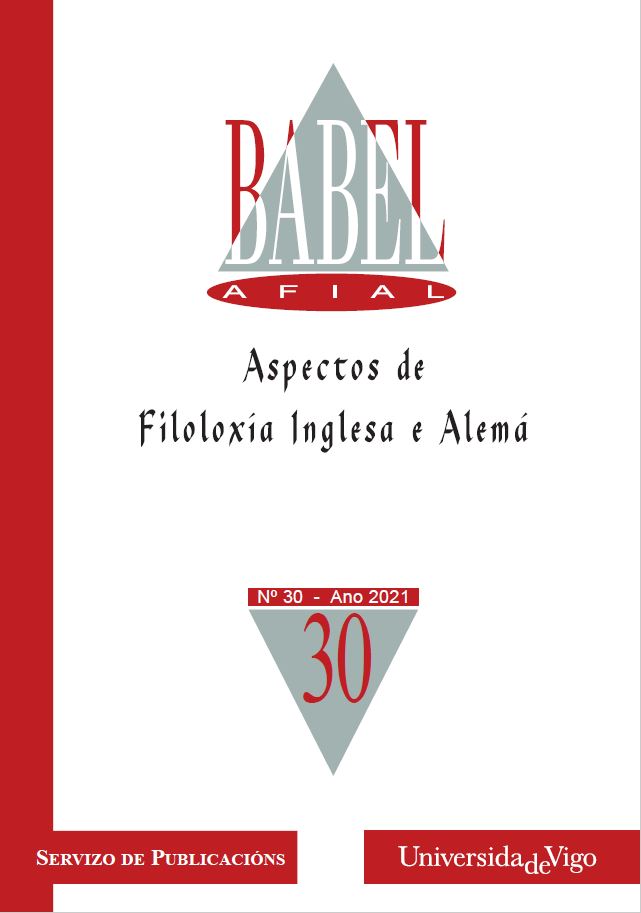Sounding an Idol: The Television as Imagetext in Don DeLillo’s White Noise
DOI:
https://doi.org/10.35869/afial.v0i30.3703Keywords:
Iconoclasm, Idolatry, Imagetext, Postmodernism, BaudrillardAbstract
The response of critics to Don DeLillo’s seminal novel White Noise has centred on the connections that can be drawn between this work and the critical context that surrounded it upon its publication in 1984, namely the climate of radical scepticism ushered in by critics like Jean Baudrillard. This article attempts to argue that the relationship between the novel and this critical climate is far more antagonistic than has been acknowledged previously. Drawing upon the critic W.J.T. Mitchell’s reading of Friedrich Nietzsche’s concept of the “sounding”, as opposed to the iconoclastic smashing, of idols, the article will “sound” the idol which is at the centre of DeLillo’s novel: the television. This will show the critical distance that DeLillo deliberately established between his text and the texts of postmodern theory that were fashionable throughout the later twentieth century (particularly at the time White Noise was published) and will place DeLillo in a more contemporary context, his face turned not only to the past, but to the critical horizons ahead of him.



